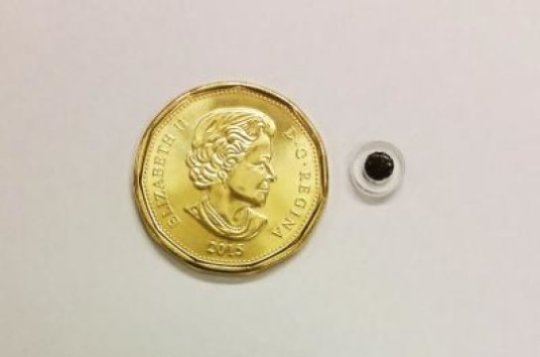University of British Columbia scientists have introduced a magnetic drug implant, the first of its sort in Canada that could offer a substituting method to patients struggling with multiple pills or intravenous injections.
The device, a silicone sponge with magnetic carbonyl iron particles wrapped in a round polymer layer, measures just six millimetres in diameter. The drug is injected into the device and then surgically implanted in the area being treated.
Passing a magnet over the skin of patient activates the device by deforming the sponge and triggering the release of the drug into surrounding tissue through a small opening.“Implants of drug can be safe and effective for treating numerous conditions, and magnetically regulated implants are specifically interesting because you can adjust the dose and timing of insulin varies from patient to patient, “says the co-author John K. Jackson, a research scientist in UBC’s faculty of pharmaceutical sciences.

“Such device lets you release the actual dose that the patient needs when they need it, and it is sufficiently easy to use that patients could administer their own medication one day without having to go to a hospital,” says Jackson.
The scientists tested their device on animal tissue in the lab employing the prostate cancer drug docetaxel. They identified that it was able to deliver the drug on demand even after repeated use. The drug also released an effect on cancer cells comparable to that of freshly administered docetaxel, offering that drugs stored in the device stay effectual.
Mu Chhia, Shademani’s supervisor and a lecturer of mechanical engineering at the UBC, says the group is working on refining the device and narrowing down the conditions for its use.
“This could one day be employed for administering painkillers, chemotherapy drugs, hormones and other treatments for an extensive range of health conditions. In the next few years we expect to be able to test it for long-term use and for the viability in living models,” says Chiao.
Filed Under: News


Questions related to this article?
👉Ask and discuss on EDAboard.com and Electro-Tech-Online.com forums.
Tell Us What You Think!!
You must be logged in to post a comment.